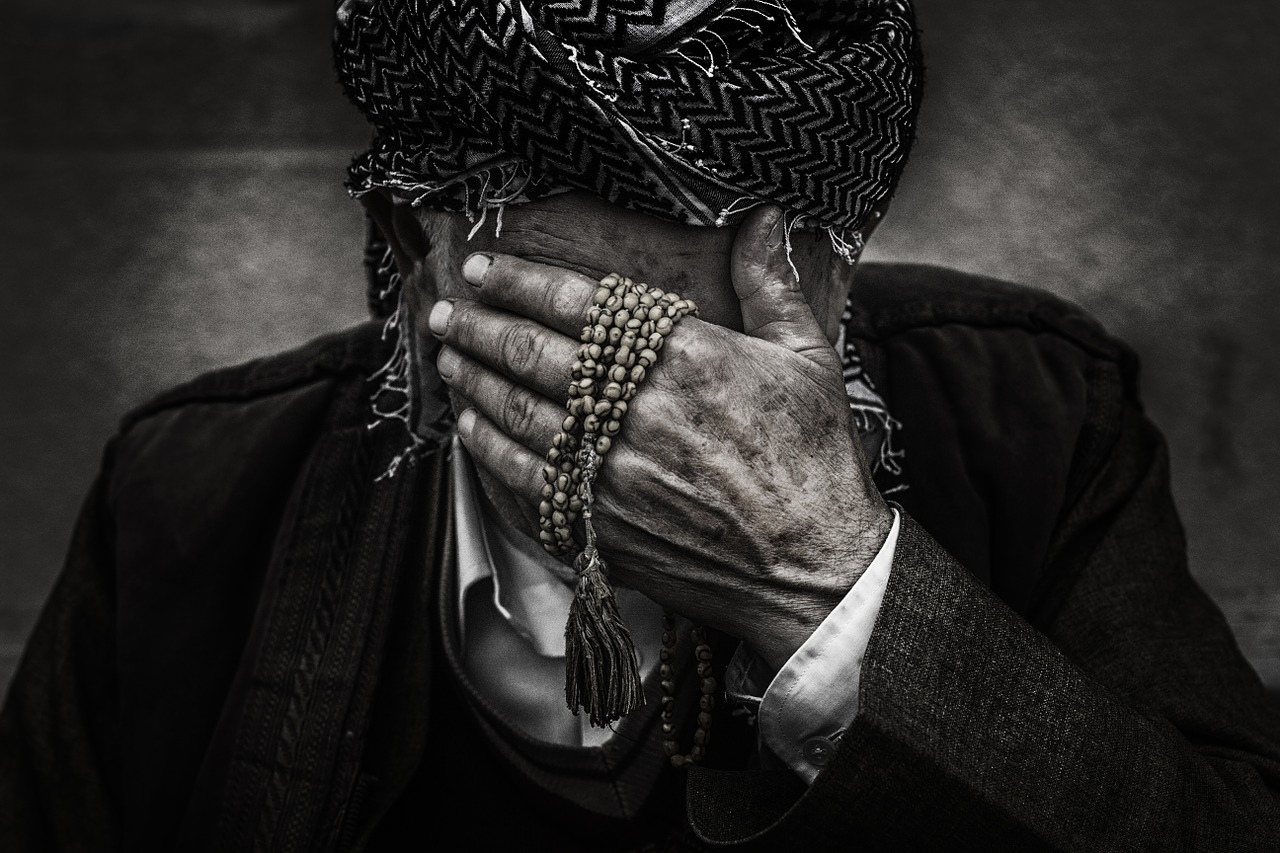
BY OLATUNDE OLAYINKA AYINDE
It was a beautiful night, with bright stars in the night sky. I and my two friends sat at a table, drinking beer while the Maisuya prepared our grilled peppered fish and suya. This was somewhere in Lagos. Our fish arrived and we dug into it as raunchy, vulgar music wafted towards us from two loudspeakers a few feet away.
Within the compound there was a hotel, with two wings, one looking respectable and catered for high profile guests, while the other could easily pass for a disguised brothel, where young ladies in skimpy blouses and tight fitting pants went in and came out from time to time.
On our left, a wall separated this drinking establishment from a mosque, with its own loudspeakers visible above the fence. To our right, another wall separated us from another building. A restaurant occupied the ground floor while the top floor housed a Redeemed Christian Church of God parish.
We finished our fish and beer and maisuya came for his money. Each fish was 3000 naira. On our way out, I noticed that the fifteen fishes we saw on our way in were all sold, and a large chunk of the suya was also gone. Maisuya had made sales not less than 50,000 naira that night, a regular thing on most nights, I learnt. Just as we were entering our car, maisuya left his assistant at the suya stand and slipped into the mosque next door to pray. He and the other worshippers didn’t seem to mind that a wall separated them from sin and debauchery, and two walls separated them from false worship of a God that has a son, but was not supposed to have one.
Three houses stood side by side, two of worship and one of drinking and debauchery, and a faithful Muslim maisuya, who made his living in the house of “sin”, hardly noticed the irony. 50,000 naira sales every night was not something you risked losing by insisting on an unreasonable interpretation of the Qur’an or by nursing a career ambition with Boko Haram. Clearly, economic prosperity did not appear to favour extreme religious views here at all.




Leave a Reply